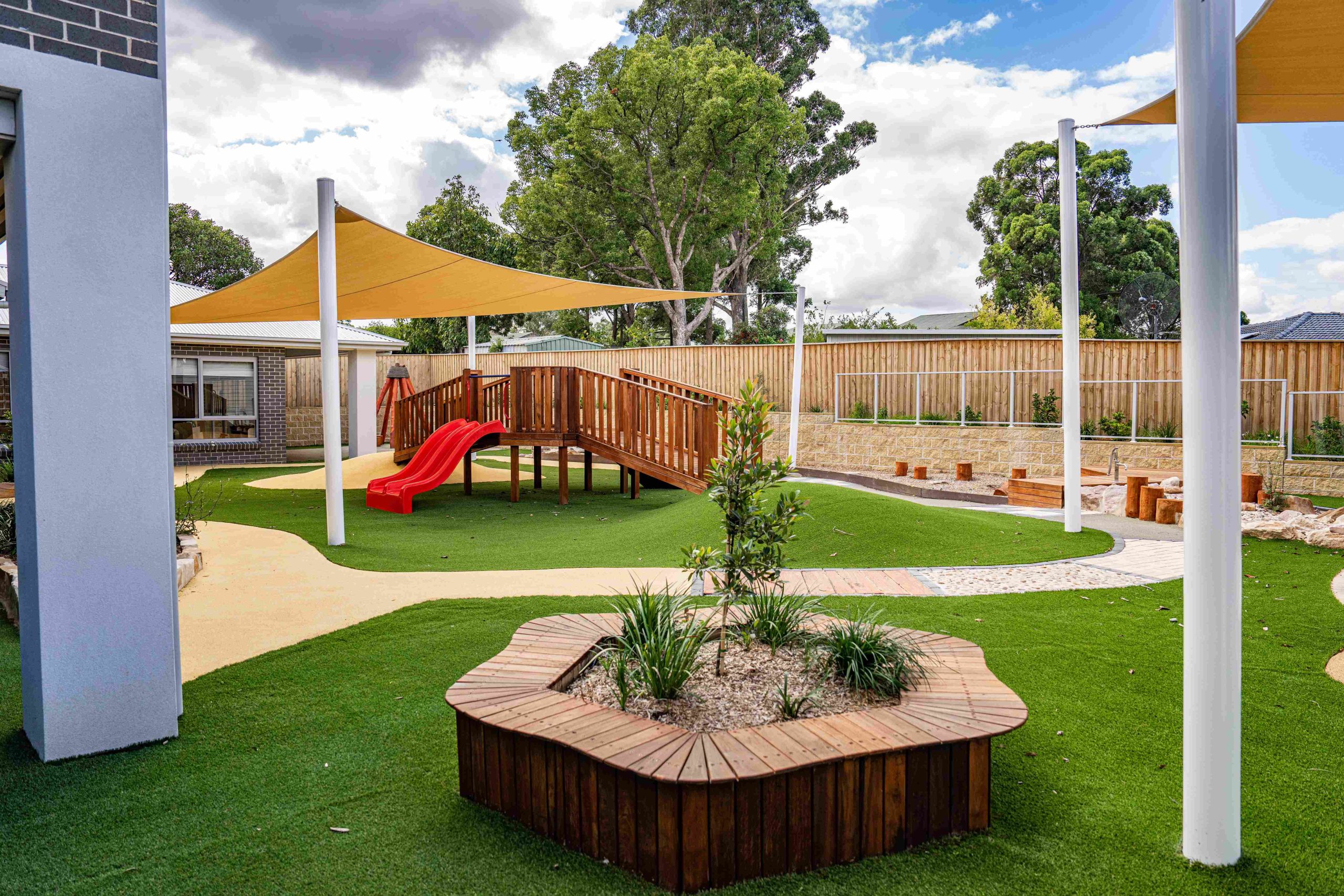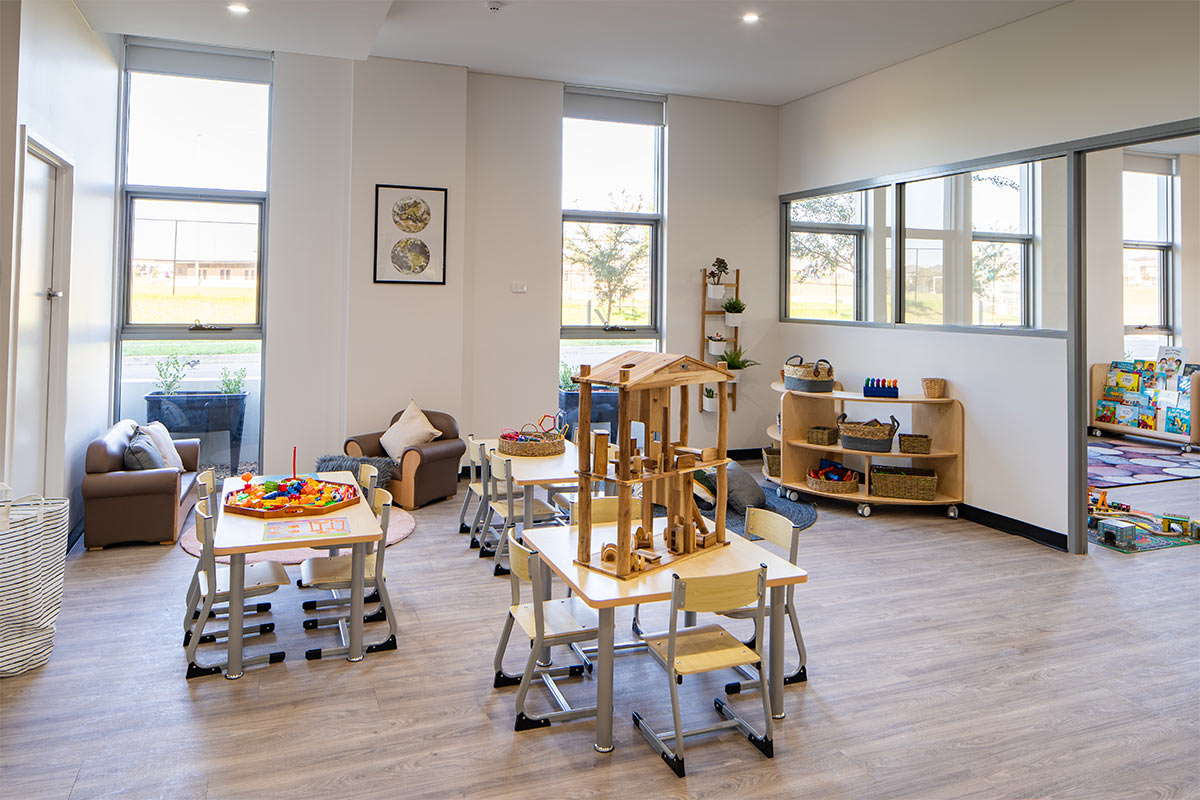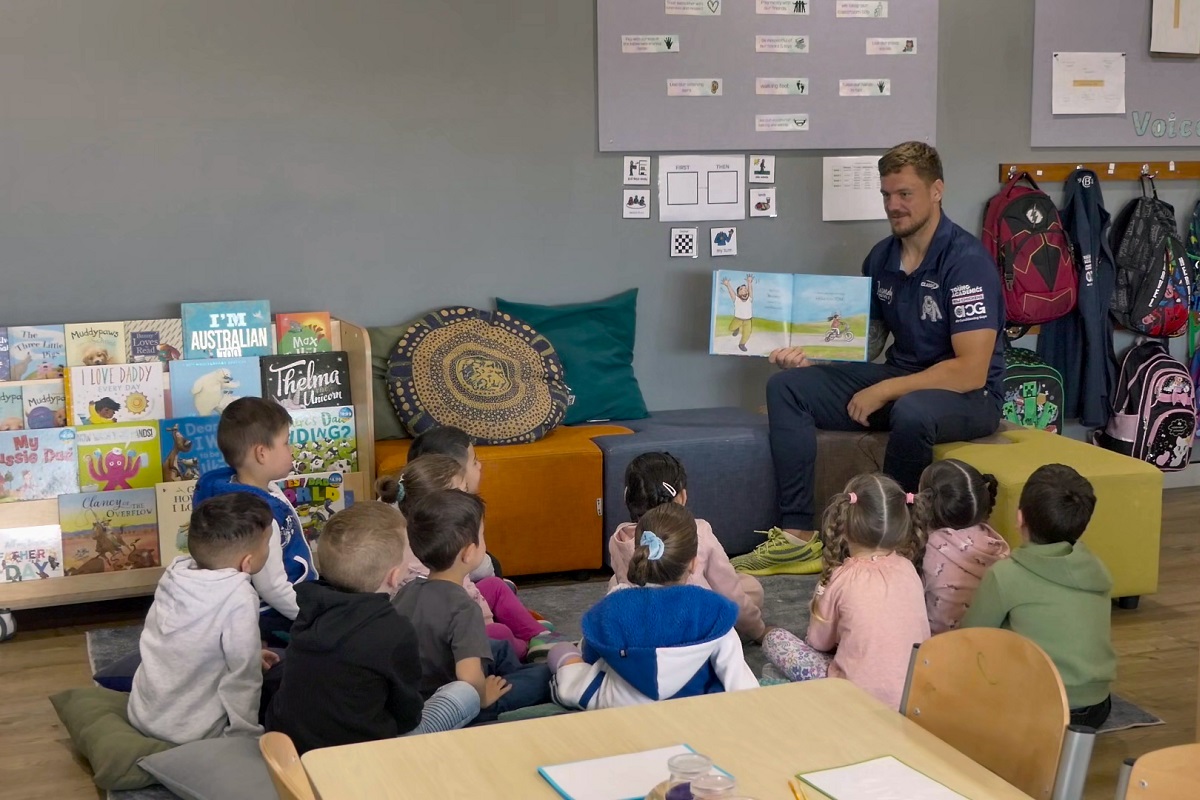Keeping young children active is essential for their physical well being and has many other benefits, such as developing coordination and strength and maintaining a healthy weight. It also promotes cognitive and emotional development, such as improved concentration, self-esteem, and social skills.
While traditional forms of physical activity are important, there are many creative and unconventional ways to keep children active and engaged. By exploring these non-traditional forms of physical activity, we can provide children with more varied and exciting opportunities to move their bodies and reap the benefits of physical activity.
Numerous research studies find that physical activity offers many physical, cognitive and emotional benefits for children.
Physical:
- Improved gross motor skills: involves using large muscle groups, such as those used for crawling, walking, and running.
- Stronger bones and muscles: helps young children build strong bones and muscles essential for their growth and development.
- Healthy weight: helps young children maintain a healthy weight, which can reduce the risk of developing obesity and related health problems.
- Improved sleep: helps young children sleep better, which is vital for their overall health and well being.
- Improved balance and coordination: helps young children improve their balance and coordination, which can help prevent falls and injuries.
- Improved cardiovascular health: helps young children reduce the risk of developing heart disease later in life.
Cognitive:
- Improved executive function: Executive function skills include planning, organising, and controlling behaviour, helping develop important skills for the learning process.
- Improved memory: improves memory in children as young as 4, due to the increased blood flow and oxygenation to the brain during exercise.
- Improved attention and focus: helps improve concentration and focus, which can benefit academic performance and overall learning.
- Increased creativity: stimulates children’s imaginations and creativity, leading to greater exploration and experimentation.
- Improved problem-solving skills: helps develop problem-solving skills by encouraging critical thinking and solving challenges and obstacles.
- Improved social skills: provides opportunities to interact with others, developing critical social skills such as sharing, turn-taking, and cooperation.
Emotional:
- Reduced stress and anxiety: promotes the release of endorphins, the body’s natural “feel-good” chemicals.
- Improved mood: improves feelings of happiness and well being.
- Increased resilience: develops resilience that helps to better cope with challenges and setbacks.
- Improved social skills: provides opportunities to interact with others, developing critical social skills such as communication, cooperation, and empathy.
- Increased sense of belonging: provides a sense of belonging to a group or community, promoting connection and inclusion.
While traditional forms of physical activity, such as classic sports and playgrounds, are essential for children’s development, non-traditional forms also offer unique benefits. Educators and caregivers can support their children’s physical activity by providing opportunities for non-traditional forms of play and exploration, such as:
- Imaginative play
- Obstacle courses or treasure hunts
- Sensory play
- Nature walks
- Dance and movement
- Yoga
Here are some reasons why non-traditional forms of physical activity are essential for children, including their development and wellbeing:
- Encourages creativity and imagination
- Promotes individuality and self-expression
- Enhances problem-solving skills
- Provides opportunities for sensory exploration
At Young Academics, our educational programs place equal importance on physical activity as traditional learning. As a result, we provide a well-rounded and creative approach to physical activity beyond the usual activities.
- Partnering with local organisations—Canterbury-Bankstown Bulldogs: In partnership with the Canterbury-Bankstown Bulldogs, we have developed an exclusive wellness and wellbeing program. This takes form of a ‘Daily Warm Up Routine’ for our children & educators to participate in each day, to prepare and activate their bodies and minds for the day of learning ahead, through a range of dynamic stretches and warm up exercises.
- Designing age-appropriate activities: We provide various activities to cater to different interests and preferences, ensuring children remain interested and focused, such as:
- Providing various activities ensures that children can participate in what they find most engaging and stimulating.
- Incorporate sensory play and imaginative play.
- Encourage social interaction to encourage children to work together and practise their social skills.
- Ensuring Adequate Supervision and Safety: Establishing clear rules and guidelines, providing appropriate equipment and materials, and conducting regular safety checks to ensure they remain safe. In addition to this, we ensure educators are trained in first aid and emergency procedures.
Young Academics Early Education Centres recognises the importance of all forms of physical activity for children’s development.
Our non-traditional forms of physical activity are incorporated into daily routines to provide children with a holistic approach to learning and development. Whether through sensory exploration in our outdoor sensory gardens or through creative movement classes, Young Academics ensures that children have access to many activities that promote their physical, cognitive, and emotional wellbeing.
We love creating positive and supportive environments that encourage children to explore their world and develop healthy habits.
If you want your child to be part of our Young Academics family, get in touch today.



 BACK
BACK



